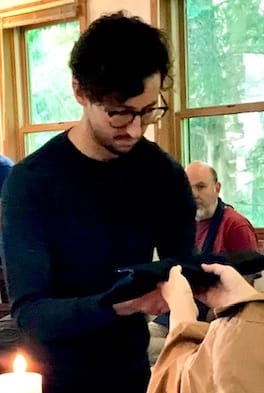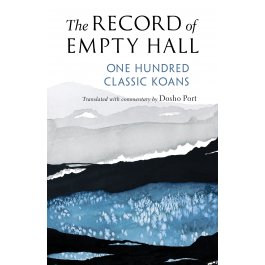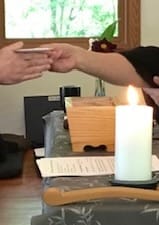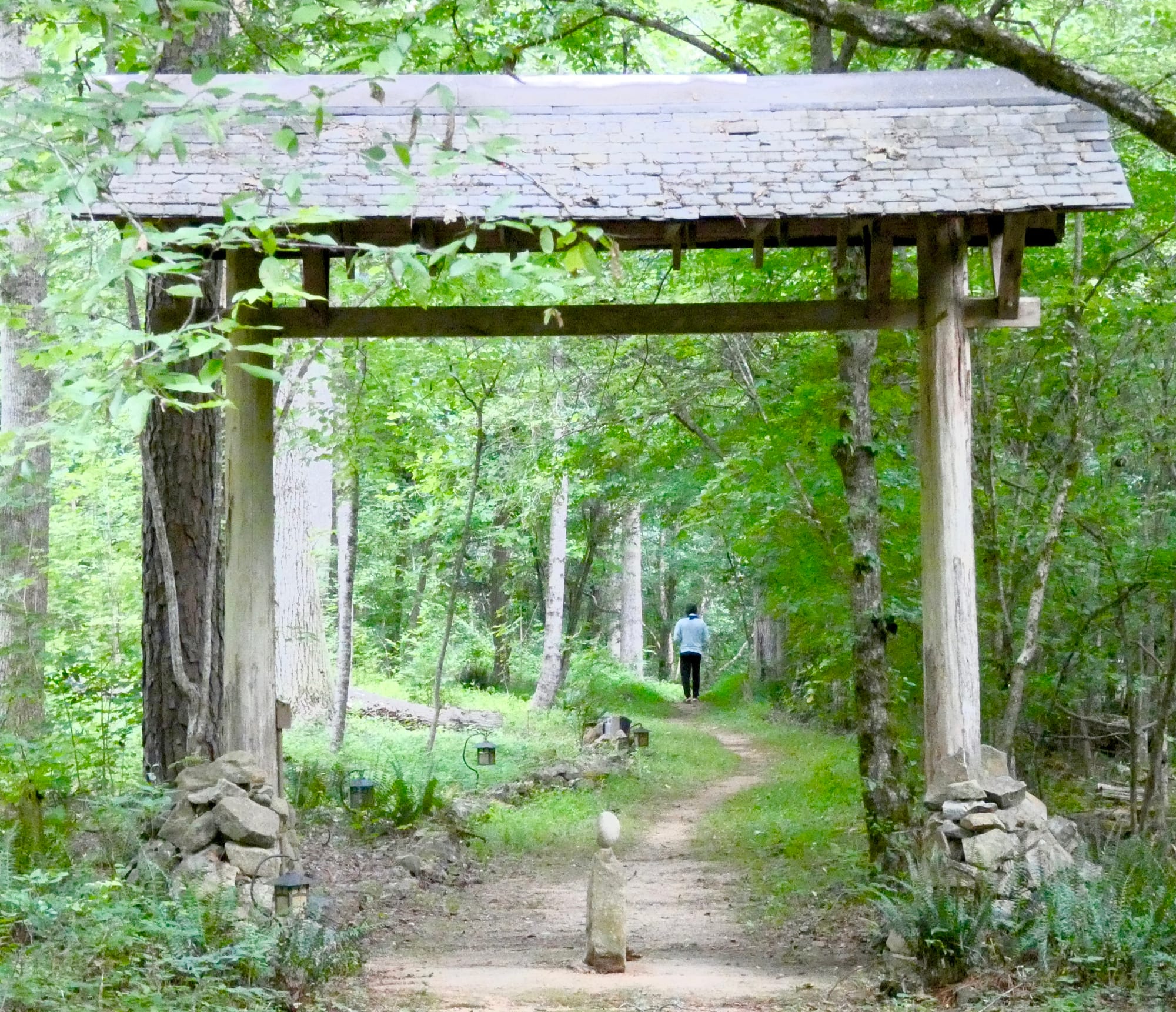Uplifting Buddha's Robe
When one who is kind speaks, their kindness is seen.

Can you uplift Buddha's robe?
The story of the Sixth Ancestor, Huineng (aka, Caoxi), includes a scene where he was first given the ancestral robe and then run out of town. One monk caught up with him to get the robe back, but the monk couldn't pick it up (more details below).
On the Vine, we've been studying The Platform Sutra and we will soon turn to study The Sixteen Bodhisattva Precepts in preparation for some of our students receiving the precepts. At that time, they will receive a rakusu, a Buddha robe. I wonder if they'll be able to pick it up.
Here is a wonderfully quirky koan about this that I translated a few years back and my commentary too:

Record of Empty Hall,
Case 49: High Seat Ming in Your Hands
舉
In former times, a monk went to Caoxi to see the robe and bowl. The monk lifted the robe and said, “This is what could not be lifted on the top of Mount Dayu.”
Another monk said, “Why is High Seat Ming in your hands?”
The monk had no words.
On behalf of others, Xutang said, “When one who is kind speaks, their kindness is seen.”

Caoxi, you may recall, is Huineng, the Sixth Ancestor. Both here and in Case 5, “The National Teacher Zhong’s Single Wisp of Cloud,” he appears off stage. When Huineng was a young lay student, he received the robe and bowl from the Fifth Ancestor, and then fled a dysfunctional community. The Sixth Ancestor was not one of the in-group but received the authorization of the Fifth Ancestor anyway. High Seat Ming pursued him with the intention to return the robe and bowl of the Fifth Ancestor back to the monastery.
The back story for this case is unpacked in The No Gate Barrier, Case 23, “Don’t Think Good versus Evil”:
High Seat Ming, because [he pursued] the Sixth Ancestor, took advantage of arriving at Mount Dayu. The Ancestor met Ming, at once tossing the robe and bowl on top a rock, saying, “These clothes are the form of faith. Can [one] fight over them? Sir, you may take [them].” Ming then tried to lift them, [but] they were like an immovable mountain. Hesitating, frightened, and trembling Ming said, “I come seeking the dharma, not because of a robe! Please, itinerant monk, teach [me].” The Ancestor said, “Not thinking ‘good,’ not thinking ‘bad,’ exactly just now, [what] is the original face of High Seat Ming?” Immediately, Ming greatly realized. Sobbing, he bowed and asked, “Arriving at these secret words and secret esoterism—isn’t there something still further to proclaim?” The Ancestor said, “I now do tell you. This is not secret. You seem to have returned and illuminated your own face. Secret, yet, it’s you.” Ming said, “Even though I was at Huangmei and complied with the assembly, [I did] not examine my own true face. Now receiving your instructions, [I] join and dwell with those who know by personal experience. Now, itinerant monk, you are my teacher!” The Ancestor said, “You seem as if thus. Then you and I together take Huangmei as our teacher. Perfect oneself. Protect and sustain [it].”
Some hundreds of years later, we have a monk doing some dharma tourism, wanting to see the robe and bowl. A sad waste of time. I’d ask him, “Why wander off from the zazen seat that exists in your home?”
Does he appreciate the irony of lifting that which could not be lifted? Fortunately, there was another monk present. Really present. He asked a question that might turn the fellow around, “Why is High Seat Ming in your hands?”
As if to say with “The Song of the Jewel Mirror Samadhi,” “You are not it. In truth, it is you.”
The monk had no words, so Xutang kindly stepped in. “When one who is kind speaks, their kindness is seen.”
What I want to know is, are you kind?
Thank you to paid subscribers for your kindness. The comment section is open for you.

